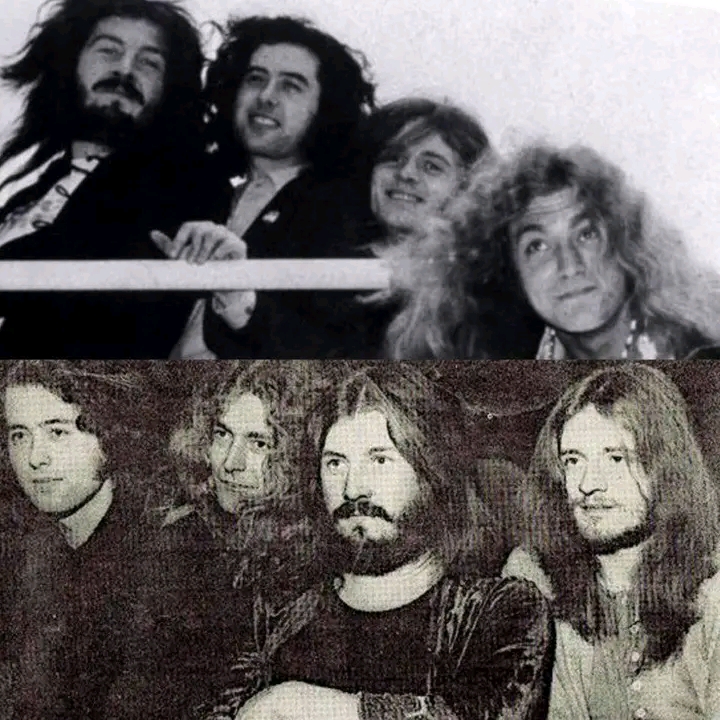**Led Zeppelin: The Band That Reshaped Rock**
Led Zeppelin didn’t just make music—they *defined* a generation. At a time when rock was still finding its identity, the band erupted onto the scene with a sound that was both primal and poetic. Their unique fusion of blues-rooted grit, hard-rock power, and moments of acoustic tenderness forged a new path for what rock music could be.
From the release of their debut album, *“Led Zeppelin”* in 1969, it was clear they were something entirely different. Tracks like *“Good Times Bad Times”* and *“Dazed and Confused”* showcased their ability to blend searing guitar riffs, haunting vocals, and thunderous rhythm into something almost mythical. Jimmy Page’s guitar work, at once aggressive and intricate, created textures never before heard. Robert Plant’s vocals soared with emotion, urgency, and mystique. John Paul Jones brought depth and versatility through keyboards, bass, and arrangements, while John Bonham’s drumming was simply earth-shattering—technical yet untamed.
But it was on stage where Led Zeppelin truly transcended. Their concerts were electrifying, unpredictable journeys. Songs like *“Whole Lotta Love”* or *“No Quarter”* often morphed into sprawling improvisations, blending hard rock with Eastern scales, blues, and psychedelic overtones. No two performances were ever the same.
Beyond the music, Zeppelin represented an ethos—rebellion, mysticism, artistry, and excess. They created albums that demanded to be experienced from beginning to end, from the folky introspection of *“Going to California”* to the orchestral majesty of *“Kashmir.”*
Led Zeppelin’s influence runs deep through decades of music that followed. They didn’t chase trends—they created them. By combining raw emotion with refined musicianship, and power with poetry, they didn’t just make records. They built a *legacy*. One that still echoes every time a new generation discovers the sound that once shook the world.
